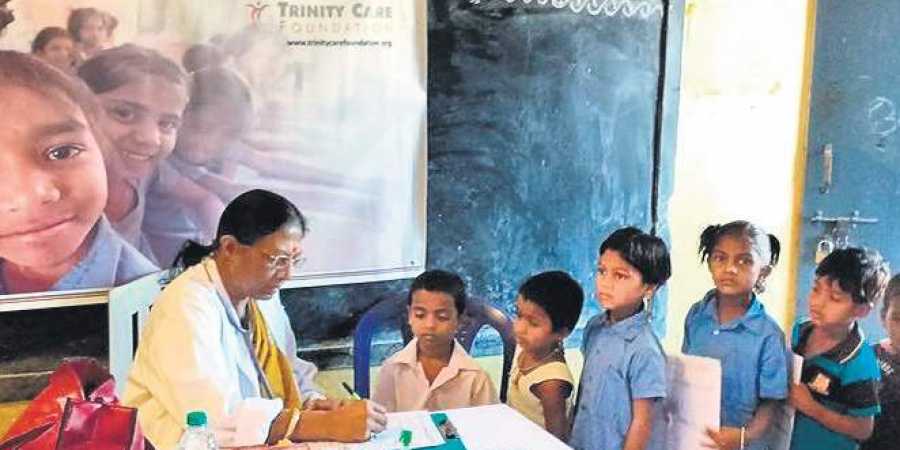Since the late 19th century, working for the community was primarily driven by religious considerations.
Benevolence and charity have always been a part of our culture. The affluent landlords, rich traders and businessmen of the society always shared a part of their earnings for the welfare of the poor and downtrodden.
Since the late 19th century, working for the community was primarily driven by religious considerations. Starting from arranging to provide water to cattle in the parched areas of India to ensuring a one-time meal to the poor, to building religious and community centres to providing wells; the affluent families ritualistically practiced service to the society in many ways. As a moral responsibility they engaged in various philanthropic activities in the country where service to mankind is considered service to God.
The practice still continues today, though as part of legislative compulsions, with corporate houses and business setups having to put back a prescribed portion of their earnings to improve the life of the less privileged. And while many still stick to the old type of interventions of providing livelihood means, sanitation, literacy support, health clinics and drinking water, others are coming up with innovative ideas to improve living standards as well as addressing complex social issues, which probably were never addressed under the corporate social responsibility (CSR) programmes.
For six-year-old Nandini and her parents, the future was dark. Born in Rayagada, one of the interior districts of Odisha, Nandini’s parents had figured out she was a special child. Unlike in the metros, which are well-equipped to train and counsel such kids, being born with special needs in the interiors is a curse.But thanks to the efforts of a leading paper manufacturing corporate in the area, Nandini is no longer helpless. With the support of an NGO and local administration, the business group has set up a school for special kids, a rare facility in rural India. She may not be able to do things like other kids her age, but things are not as bad.
The school, Nutan Gyan Vardhini, takes care of many autistic and mentally underdeveloped children of Rayagada and Kolnara blocks of the district. It is a day boarding setup where children are brought in and taken back to their home by the school bus along with escort services.
Though such special kids do exist in rural India, support for them is rare. It’s a major national challenge and effort by the corporate house is required to be replicated in a big way. It’s important to train those in remote corners of the country with therapeutic services, counselling and appropriate vocational training.
Today while corporate houses continue to focus on helping the socially backward to achieve sustainable livelihood through skill development, many are also looking beyond their social obligations and are planning interventions for complex issues of rural India which probably remained unaddressed so far.
In view of high mortality rates among expectant mothers and even newborns in certain pockets of Rajasthan, a cement major started a unique intervention to bring down death rate in Sirohi district. It launched a health scheme where a relationship is developed with the expecting mother who comes for check-ups. The programme ensures good health to the newborn along with the mother and continues the support till the baby is through with all the immunisations.
Corporates over the years have brought about some major socio-economic changes in several parts of rural India by empowering tribes in Rajasthan, Madhya Pradesh and Maharashtra as they set up factories in remote corners. From being just users of bows and arrows who gathered livelihood from jungles, these tribals today are a trained workforce who operate machines, dumpers and lorries, and run factories. The socio-economic developments over the years have eventually given shape to many self-sustaining towns and small cities.
But while a certain level of sustenance has been achieved, lots more need to be achieved in the health segment. Due to natural calamities such as recurring floods every year, parts of India get inundated and a large number of climate refugees suffer due to lack of shelter and food. With corporate interventions, sustainable mitigation plans are required to be set up to ensure stable habitats for survival and sustainability in states such as Bihar, Assam and others.
Since the applicability of CSR under the Indian Companies Act, corporates have spent `50,000 crore and in the years ahead more will be spent. Therefore, there is enough scope for concerted CSR actions in areas that have not received adequate attention.
Article Credit: New Indian Express

